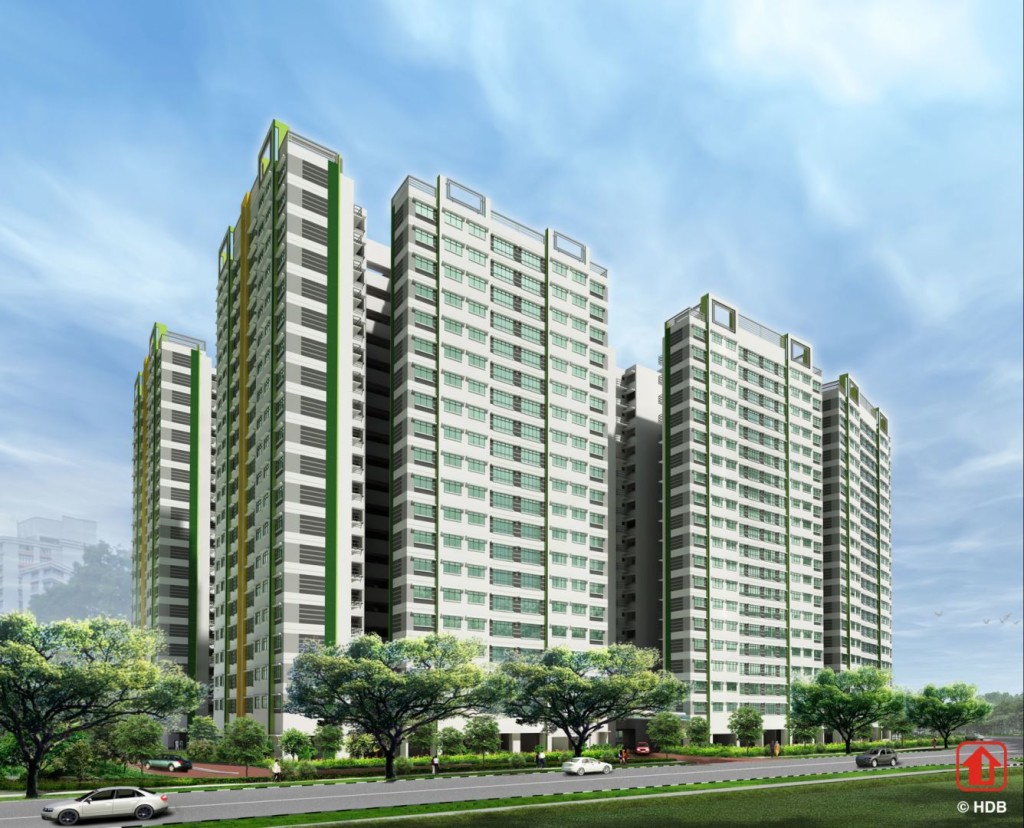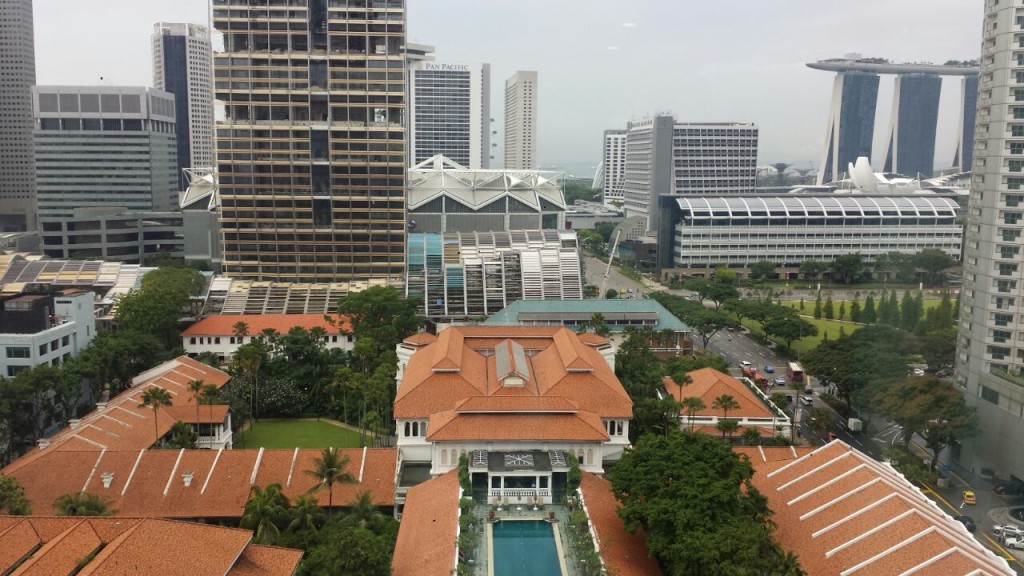Recently, I had the pleasure of catching up with one of my friends who is an expert in real estate investments for a sovereign wealth fund. I took the opportunity to ask him a few questions regarding real estate that puzzled me.
You see, I meet and speak with many young working professionals in my line of work.
One of the key observations I made in my discussions with them is this: When asked what strategy they intend to use to achieve their financial dreams, with little hesitation, many of them answer that they want to do so through property investments.
Sometimes, it even appears as though that’s the only thing people know what to do.
Because I strongly believe it is important for readers of this blog and people who are interested in financial planning to have a better understanding of real estate as an asset class in Singapore, I want to share the gist of my “interview” with him here.
Note: As my friend preferred to remain anonymous, let me simply introduce him as Mr Joe Black.
So ladies and gentlemen, meet Joe Black.
Bingyang: Why do you think so many young professionals talk about investing in properties to achieve their financial goals? It puzzles me because they are banking on capital appreciation that I believe is not guaranteed anymore.
JB: People still believe that buying property is the way to become rich. This is because in the last 20yrs, property has grown by 5% to 6% on average.
Those who have bought and leveraged on property in the last 20 years have grown very rich.
Bingyang: Right. Sounds like many people of the last generation used property investments to great effect. Do you think this would continue to be the case for the young professionals of today?
JB: Because continuous growth in the last 20 years has made property prices in Singapore inexplicably high, the potential to grow further is now limited.
Do you think that any of us can afford anything in the property market (bar HDBs) if prices continue to grow at 5%?
Even if we can afford HDBs, I wouldn’t dare say that they are cheap!
“Why?” you may ask.
This is because land in Singapore is charged to HDB at market rates, which is exorbitant and this cost is passed on to the end users. There is only so much you can subsidize public housing if the cost of input (including land) is already this high.
Bingyang: What about property as a hedge to inflation?
JB: Sure. You may point out that property is a hedge to inflation because it is generally accepted that rental income tends to grow with inflation.
However, rental yields are coming down quite sharply today. I have many friends who are renting and are lowballing their landlords.
After paying your agents and stamp duties, plus the occasional repair and cleaning, what you get back is around 1-2%. For all the effort that goes into maintaining your property for a 1-2% yield, there are better instruments out there that you can make use of that pays more and yet with half the trouble.
Bingyang: Why about cooling measures? How has that affected the property market?
JB: Cooling measures by our government has helped by slowing the market down. This is good, because if prices continue to grow due to the currently insane speculation, the bubble has to burst one day, when people who buy these investment properties realise that they are unable to rent them out, which will indirectly deflate property prices.
Just look around Singapore right now, there are so many condos that are bought up. These properties are owned, but nobody is living in them.
Unless our population suddenly shoots up, the supply outweighs demand and one day the depreciating rental rates will cause property prices to go down.
Never before in history has so much of our people’s wealth been tied up in property. When the market goes down, mortgage will go up. So some people will lose their homes, and along with it, all their wealth and hard earned savings.
With that being said, the government will always need to ensure that housing prices, especially public ones, don’t go crazy because it will hurt their popularity. Regarding that, they are doing some stuff to help. For example, there has been talk of raising the income cap for public housing.
Construction is also one of the big drivers of our economy, so we must not let the property market crash. If and when it happens, Singapore will go into political turmoil/mayhem.
Bingyang: If property isn’t the best asset to invest in anymore, are there any alternatives?
JB: Absolutely! Look I’m not saying that property should no longer be looked at anymore. What I’m trying to bring to light is that it is dangerous if we were to place the same expectations for growth on our property investments going forward.
Too many people want to jump on the property bandwagon because of cognitive bias (a pattern of deviation in judgment, whereby inferences about other people and situations may be drawn in an illogical fashion) without doing their homework.
My take is that most assets seem over-valued right now. Housing, stock valuations are at all-time highs even though economies are not doing well. Effect of easy money (QEs) is really starting to show.
So the key is to protect yourself from losing money and not blindly following the herd and speculating.
There will still be corrections in the markets where investors can take advantage of. But then again if one doesn’t have time to track the market carefully, plus the fact that it is always incredibly hard to time the market, perhaps regular savings plans and investment plans are still the way to go for many individuals.
Bingyang: Since we are on the topic of property, on behalf of many of our young professionals, who might not have the capital right now to invest in a property, but would like exposure to the property market. May I have a brief opinion on Real Estate Investment Trusts (REITs) ?
JB: Often the fund manager’s objective is not aligned to the shareholders objectives. As they are paid on Assets under Management (AUM), they may take on unnecessary risks to try to get a higher rate of return. When the party is over however, shareholders will feel the crash of the market.
Furthermore, each time they buy/sell, they charge a fee.
However, REITs are still one of the only avenues for retail consumers to get exposure to commercial properties. So just be aware of both the pros and cons before you take any money out to invest.




Trackbacks/Pingbacks